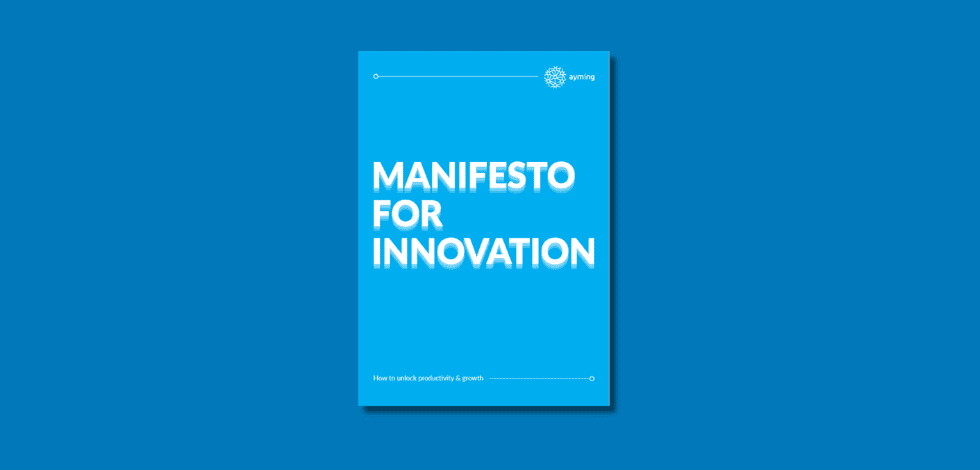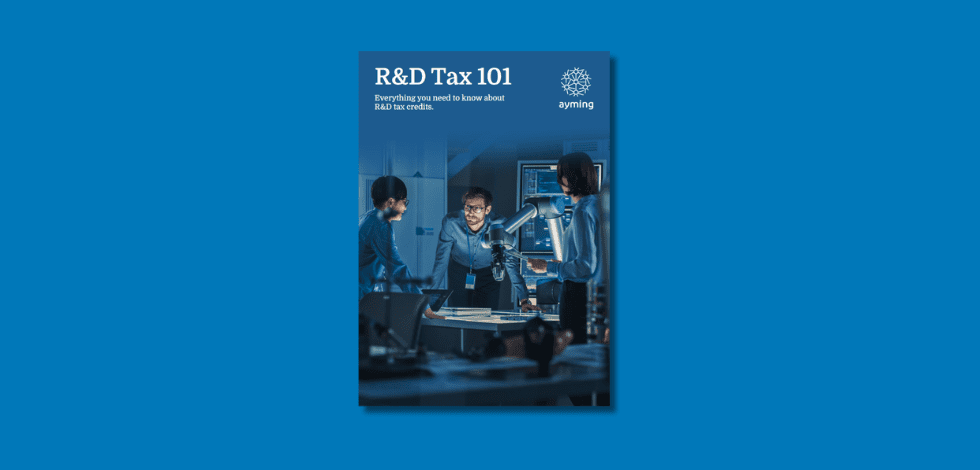As millions of UK families wonder how they will make ends meet amid the cost-of-living crisis, businesses too are watching their costs rise alarmingly.
Faced with the dilemma of whether to shoulder the burden of inflation or pass it on to customers, the cost of trading is becoming critical for some companies. But the crisis is also spurring innovation. Rethinking ways of doing business needs to be fundamental when your entire cost base is experiencing intense and sustained upward pressures:
- COVID-related supply chain disruption led to shortages and price hikes.
- As the pandemic eased, shipping costs soared, adding to the costs of imported materials.
- The oil price surge (40% up on January 2022, at the time of writing) is fuelling inflation across the board and directly impacting the cost of manufacturing, transportation and overheads.
- With incomes eroding in real terms, employees seek higher pay or better terms elsewhere.
As resistance to price rises grows among squeezed customers and businesses alike, companies must be innovative in exploring ways to remain competitive. The Government encourages these efforts, which often qualify as research and development, earning relief under the government’s R&D regimes.
An advantage for large businesses (those with more than 500 employees) is that the benefit is ‘above the line’. Research and Development Expenditure Credit (RDEC) contributes to earnings before interest and taxes as if it were a revenue stream.
Making the most of the R&D tax incentives scheme during the cost of living crisis
These cost-saving initiatives come in many forms. While not all qualify as R&D, many attract subsidies that are all the more valuable in a tight trading environment.
Food manufacturers are, for example, seeking to reduce the cost increases for a range of raw ingredients. Companies reformulating products to use alternative lower-grade ingredients can require small-scale laboratory trials by food scientists. As well as taste and texture, other parameters – from performance in processing to the shelf life of the end product – have to be tested and assessed before large-scale manufacturing trials.
Energy-intensive industries now have an even more compelling business case for substituting fossil fuels at inflated prices than the UK’s 2050 net zero targets alone. In the shorter term, alternatives offering financial, if not environmental, savings include bio-fuels, energy-from-waste, and biomass. Long-term strategies currently in development include using hydrogen or electric plasma to fuel industrial processes, partly being driven by the UK Government’s Industrial Fuel Switching strategy. Again, tests and trials are essential to establish parameters such as calorific value, feedstock consistency, thermal properties and potential corrosion.
Companies are also innovating to streamline their operating costs and exposure to inflation in sectors from construction, manufacturing and services. The current supply chain crisis is driving companies to develop digital twins – virtual simulations of assets and logistics to identify bottlenecks and reduce costs.
So, businesses can expect a more significant RDEC boost to their bottom lines – with the prospect of better margins and sustainable profits if their R&D projects deliver cost savings.















No Comments